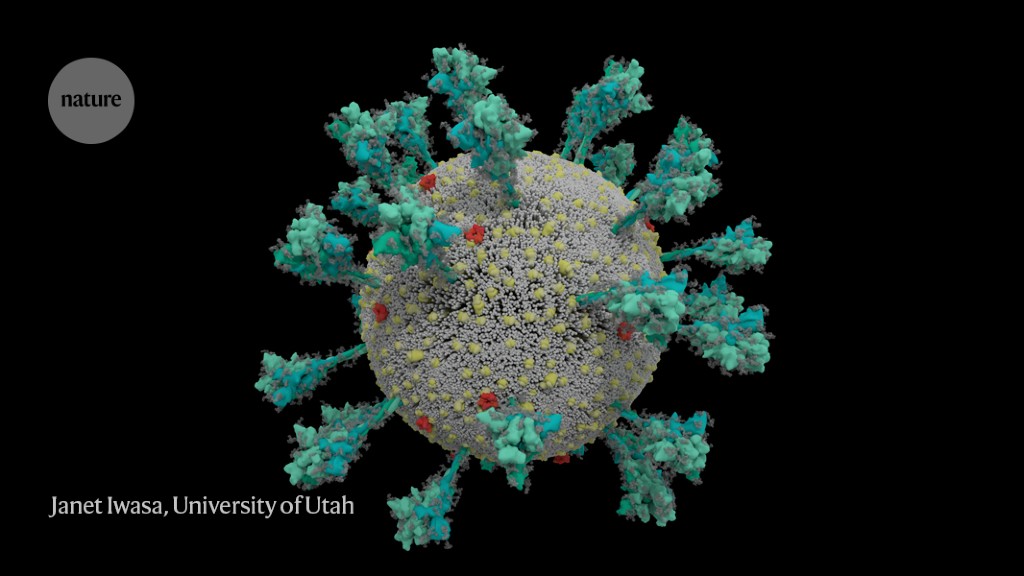Members get a daily Covid-19 topic focused on Covid in Tennessee.
Supporters are part of a self-improvement sub-group where value is dispensed daily on personal growth in all aspects of life, informed by many sources. New members welcome!
There's a most interesting article published on 28 July in the journal Nature entitled "How the coronavirus infects cells — and why Delta is so dangerous" that you should read if you're at all curious about how spike proteins work to make the SARS-CoV2 virus attach to human cells.
Here's the link: https://www.nature.com/articles/d41586-021-02039-y
The REGEN-CoV antibody treatment is only for people age 12 and up. There is still a worm medicine that may be beneficial. You know the one...
The weekend is halfway over. If you didn't get outside today, you still have tomorrow. Almost nobody catches any virus while outdoors.
One degree!
I'm on a weekend night call schedule this weekend, which always leaves me feeling under-rested and generally icky.
But I wanted to remind you that outdoor exercise without screens is really good for your mental health.
Go outdoors, preferably into the woods.
Get in tune with those surroundings, the sights, the sounds, the smells, even the movement of air and the varying temperatures as you walk.
We were made to be outdoors.
We were definitely not made to work in cubicles.
One Degree!
What you want from your body will dictate what you need to set as goals, and the goals will determine what you'll end up having to change to attain them.
I've spoken many times about systems being better than goals, and my position has not changed.
But goals are easier to discuss and to understand, so for this week, we'll be very specific about goals.
Do you want more muscle mass?
Do you want to be stronger?
Do you want to run faster?
Do you want to gain weight?
Do you want to lose weight?
Do you want to improve general fitness?
Do you want longevity?
Do you want strong bones?
Do you want to earn a Black Belt?
Understanding the benefits and costs of each particular goal may help you decide what you want.
For example, if you want to compete in body-building competitions, you'll not be doing the same thing as if you were focused on longevity. Same with strength competitions.
But general fitness and longevity go fairly well together.
Running is great but will increase the likelihood of needing knee or hip ...
I'll make this one short and to the point.
Spring time change is hard on all of us. Having to get up an hour early doesn't make going to bed an hour earlier much easier.
Yes, it's nice to have more productive time in the evening.
But it's at the cost of forcing us out of be an hour earlier, as we all know.
Our challenge is to adjust our circadian rhythm to match the world's expectations around us.
My main strategy is supplementing with a dose of melatonin about a half hour before I need to be asleep. It helps most people fall asleep more readily.
If you need a nap during your day, take it between mid-morning and early afternoon. Limit it to 20 minutes.
Taking a longer or later nap may make it even harder to get off to sleep in time.
All of the other normal advice applies even moreso:
- Take a 20-minute walk after supper.
- No screen time for the last hour before bed.
- Listen to calm music after supper.
- Don't eat for 2 hours before bed.
- Don't have conflict-laden conversations ...













